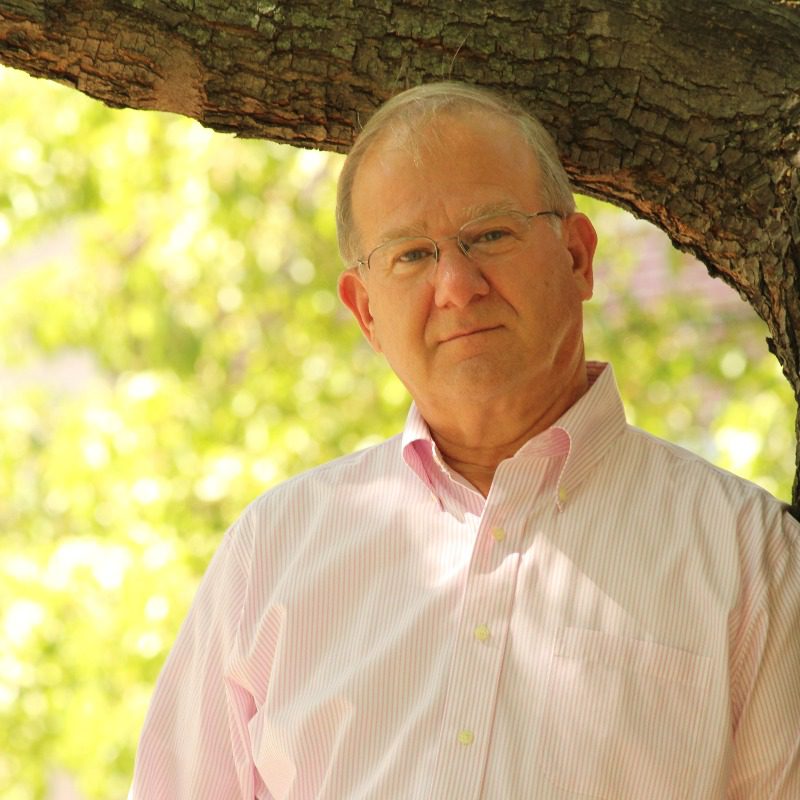
Gregory Mahler, Ph.D.
Academic dean emeritus and research professor of politics
Phone:765-983-1394
Email:[email protected]
Pronouns:He/him/his
Department: Politics
Location: Dennis Hall Room 221
801 National Road
Richmond, Indiana 47374
About me
I received my B.A. from Oberlin College (1972) and my M.A. (1974) and Ph.D. (1976) degrees in Political Science from Duke University. Since receiving my Ph.D., I have taught at Metropolitan State College (Denver), the University of Vermont, the University of Mississippi, and Kalamazoo College (Michigan), where I served as Vice President for Academic Affairs and Provost as well as being a Professor of Politics. At Earlham, after serving as Vice President for Academic Affairs and Professor of Politics from 2007 to 2017, I retired from full-time administrative responsibility and now serve as Research Professor of Politics, working on my research most of the time and teaching single courses at Earlham as requested. I work with Earlham students on research projects during summer break.
I have lectured widely on politics, including such topics as federalism, constitutionalism and topics related to constitutional government, as well as discussing specific political institutions and issues in Canada, Israel, and Palestine. In addition to numerous speaking engagements in the United States, I’ve lectured in such foreign settings as Albania, China, Israel, Mauritania, Liberia, Mexico, Moldova, Palestine, the Soviet Union, and Trinidad (as well as many other locations).
I have published widely in the fields of my scholarship. Many of my papers and presentations have focused on American higher education and topics related to higher education curricula and administrative structures. I have authored over thirty books, dozens of scholarly articles and as many professional papers presented at conferences. Three of my books are textbooks that are widely used in higher education today, including my textbook Comparative Politics that has been published in seven editions since it first appeared in 1983, my textbook on Politics and Government in Israel that is now in its 4th edition, and my book on The Arab-Israeli Conflict that was recently released in its 3rd edition. Two other recent books include Foreign Perceptions of the United States Under Donald Trump (2023) and Frustrated Nationalism: Nationalism and National Identity in the 21st Century (2024). I am the series editor of the State University of New York Press Series in Comparative Politics. My current fields of scholarship include comparative politics and government, and Israeli and Palestinian politics.
Education
- Ph.D., Duke University
- M.A., Duke University
- B.A., Oberlin College
Professional memberships
- American Political Science Association
- Association for Israel Studies
- Palestine Academic Research Consortium
Research projects
My current research is focused on the Palestinian territories and the challenges faced by Palestinian nationalism. Palestinian nationalism has been a subject of academic study since well before the British partition of Palestine in 1922. From that time to the present, literally thousands of academic papers and monographs have been published dealing with the topic. Books have been written on the history of the Palestinians, their quest for a sovereign state, and on their social and cultural makeup. And, of course, significant numbers of articles and books have been written on Palestinian-Israeli relations, on Palestinian survival under Israeli occupation, and on the quest for Palestinian independence and sovereignty, to list some of the subjects of related scholarship.
There is no shortage of secondary analysis of the Palestinian past, the Palestinian present, or ideas about the Palestinian future. But despite this body of literature, there does not appear to be consensus on why Palestinian nationalism has not been successful, where others such modern movements have resulted in independent states. If we go back to, say, the 1930s we would find two nationalist movements in Palestine. Why did one succeed, while the other did not, at least not yet? What has been the effect on current Palestinian nationalism of the dissolution of pan-Arab support for Palestine with the signing of the Abraham Accords by the United Arab Emirates and Bahrain, the subsequent joining of that initiative by Sudan and Morocco, and the recent conversations between Saudi Arabia and the United States about future Saudi-Israeli relations? These are all questions for which I am seeking answers.